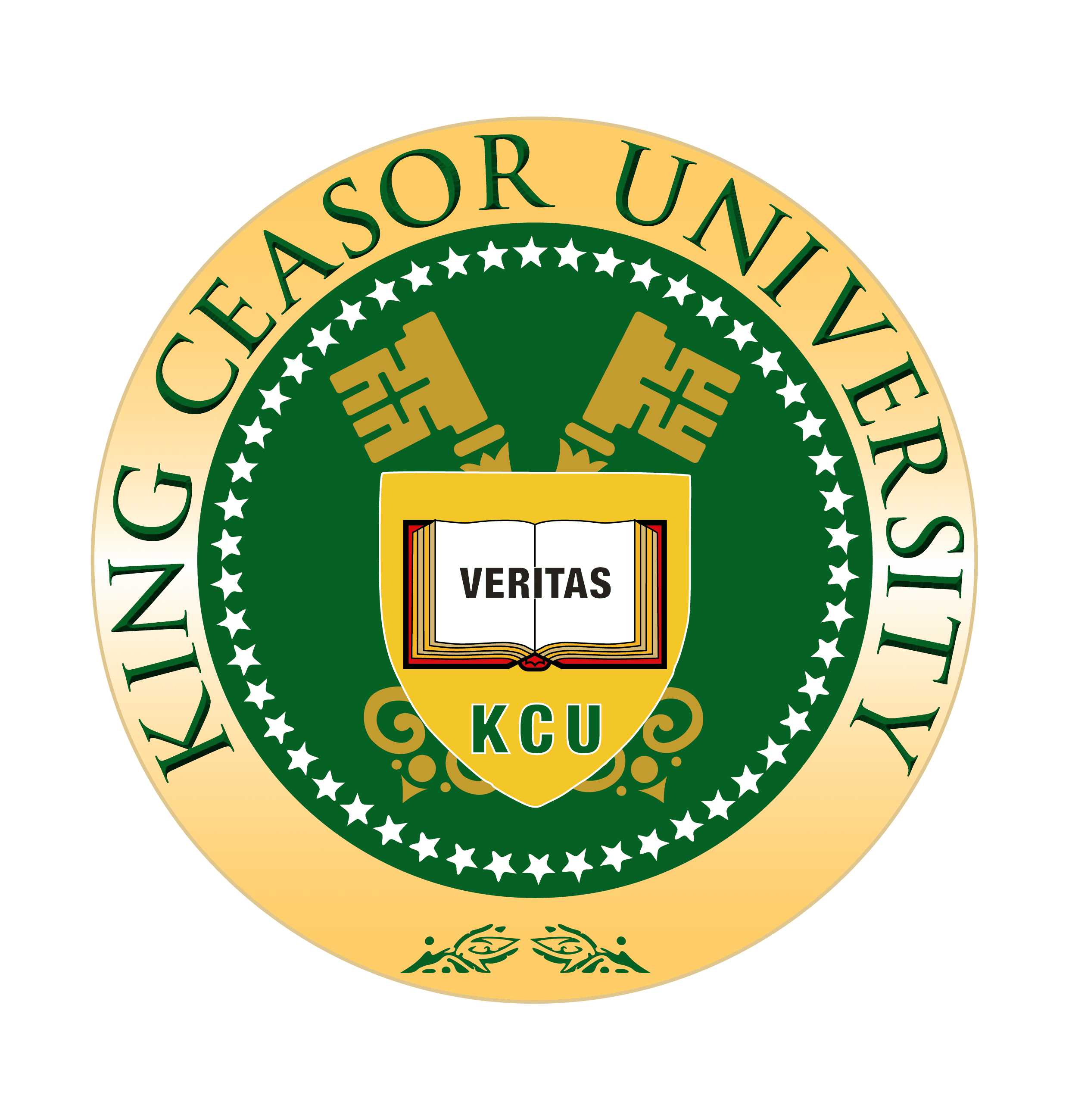
Ignite The Future
At King Ceasor University, we believe in the transformative power of community engagement and strive to make a lasting, positive impact on the communities around us. Our commitment goes beyond the walls of our institution; we work hand-in-hand with local communities to address their pressing needs, promote well-being, and foster sustainable development. Our community engagement initiatives are designed to build partnerships, empower local citizens, and provide practical learning experiences for our students, ultimately contributing to a healthier and more prosperous society.
King Ceasor University fosters community engagement by empowering students to drive positive change through service and volunteerism. Student-led initiatives address local challenges, promoting leadership, empathy, and social responsibility. These experiences prepare students to become innovative and compassionate leaders in their future careers.
As part of our commitment to improving healthcare access and outcomes, KCU regularly organizes medical camps and health outreach programs in the Bunga community and the Kampala Business District. These events are run by our faculty, medical students, and health professionals who volunteer their time and expertise to deliver free healthcare services to underserved populations.
King Ceasor University’s COBERMS program integrates academic learning with community service. Students in medical, health, and social sciences apply their knowledge to real-world challenges. They conduct research, health assessments, and interventions to improve community well-being. This hands-on experience fosters empathy, cultural competence, and problem-solving skills.
KCU's School of Law and Management Sciences promotes economic growth and entrepreneurship in Kampala. Through partnerships, it offers training, mentorship, and financial literacy programs for local businesses. Students actively engage as consultants, providing strategic insights and solutions. This hands-on experience enhances their skills while contributing to community development.
King Ceasor University’s School of Law enhances access to justice through pro bono legal services and awareness campaigns. In collaboration with legal aid organizations, students assist marginalized groups with legal advice and advocacy. Supervised by faculty and lawyers, they gain practical experience while addressing community needs. These efforts promote social justice, equity, and legal empowerment.
King Ceasor University promotes environmental sustainability through conservation initiatives and community engagement. Partnering with local organizations, students participate in tree planting, waste management, and sustainability workshops. The School of Science, Computing, and Engineering leads research on pollution and climate change. These efforts raise awareness and encourage responsible environmental practices.
King Ceasor University empowers communities through educational outreach programs in local schools. Students and faculty provide tutoring, career guidance, and motivational talks to inspire young learners. Youth empowerment workshops cover digital literacy, career development, and personal growth. These initiatives nurture future leaders and promote academic success.